Is Your Yard a Mosquito Oasis?
View the pdf version here.
A collaboration with Theodore Payne Foundation for Wild Flowers and Native Plants
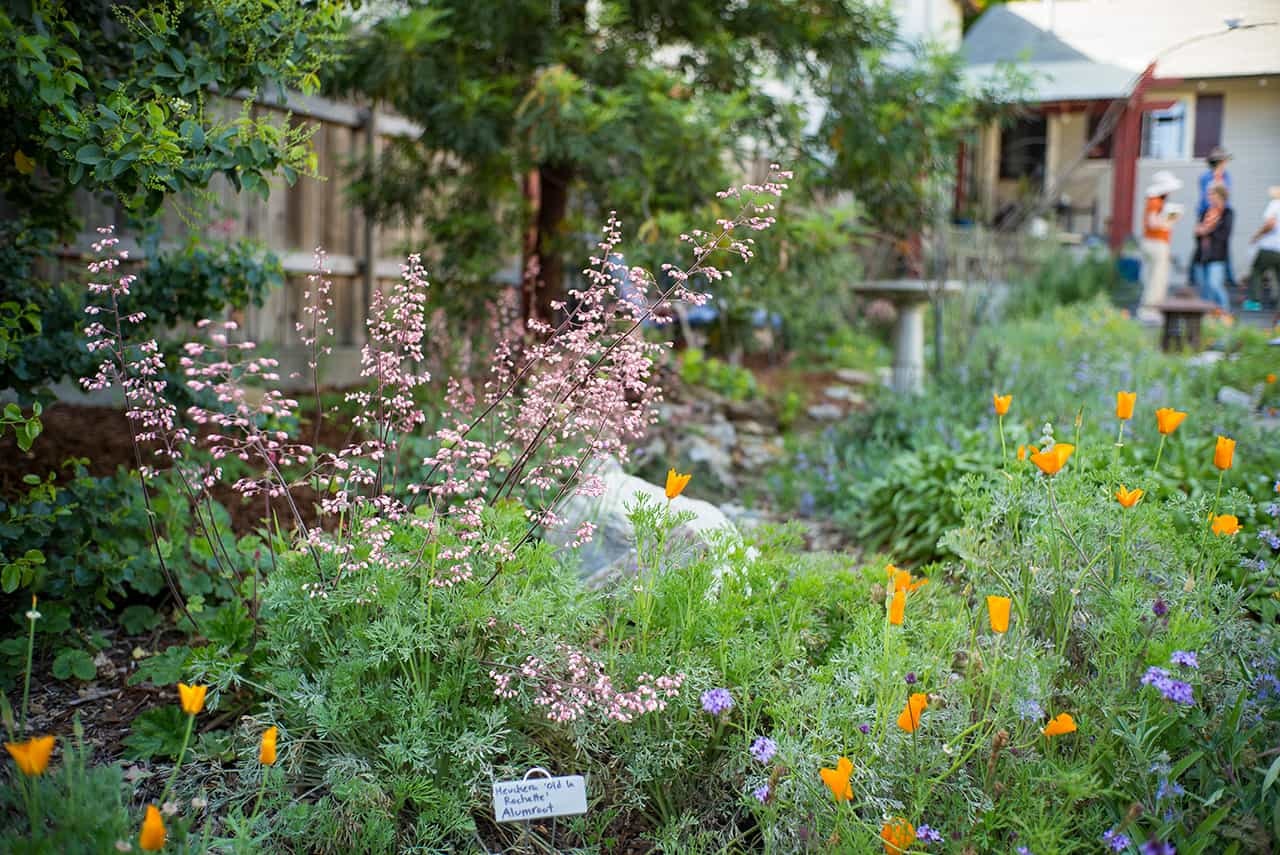
Say goodbye to plants that attract mosquitoes, and hello to beautiful, bite-free California plants!
Step 1: Assess Your Yard
Are there cool, shady areas with dense plants?
Follow this step-by-step list to determine the environment you're working with.
Examples of mosquito-attracting environments:



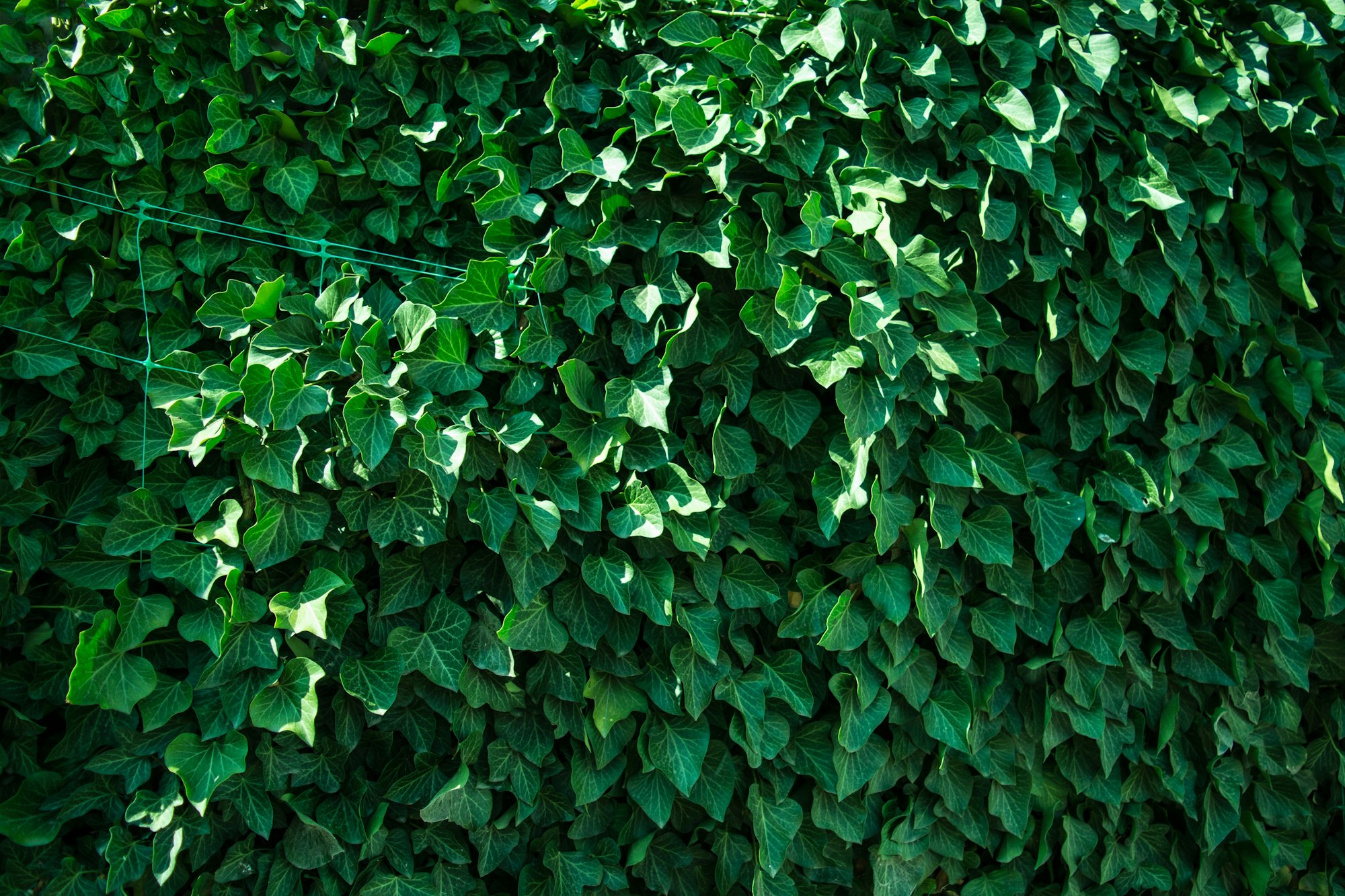
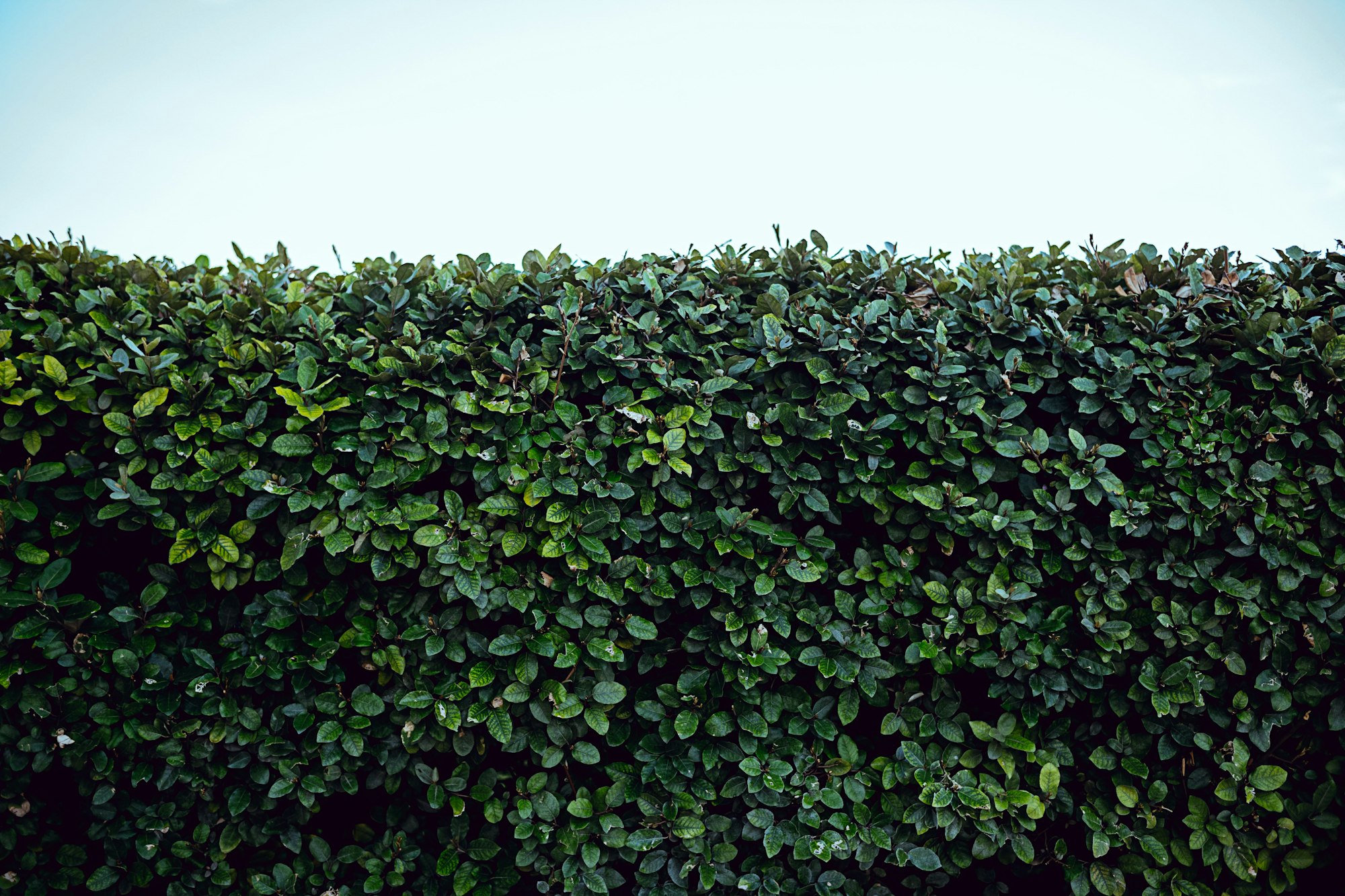







Many SoCal yards have non-native plants that grow densely with large leaves that provide resting places for mosquitoes to beat the heat
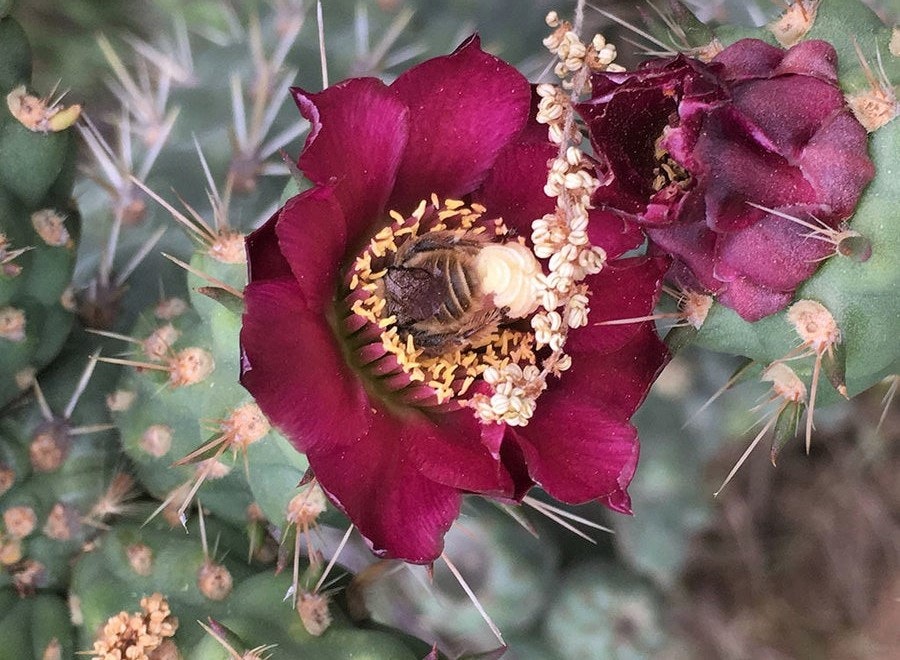
Step 2: Choose Your Plants
Enjoy this curated list of plants that are great alternatives to popular non-native plants. These plants provide your home with the same modern appeal, and reduce the mosquitoes.
Hedge: Lemonade Berry
Water Requirement: Low Soil Type: Any
Specialty Features: Songbirds, Erosion Control
Flowering Months: March, April, May, February
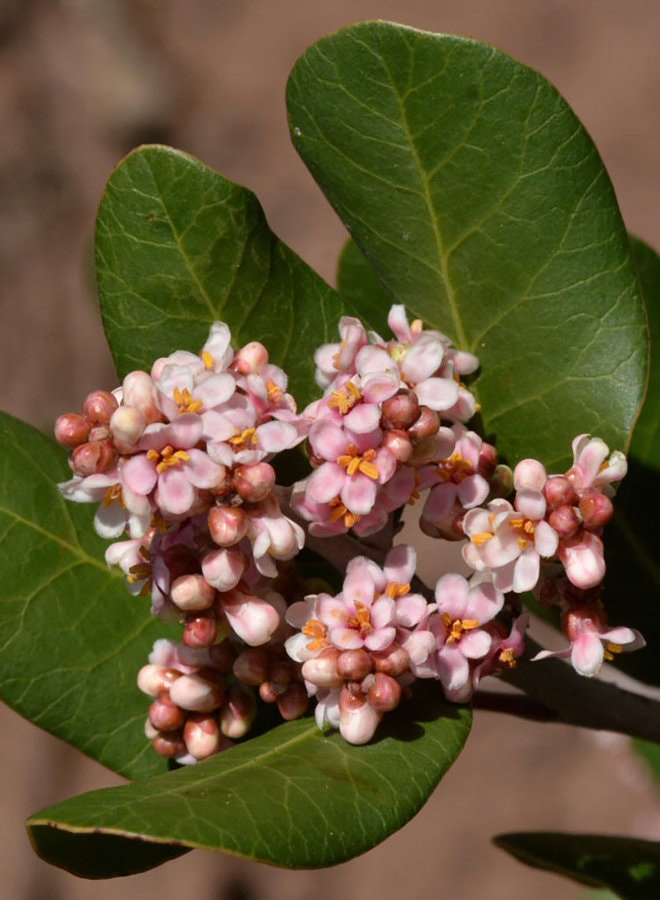
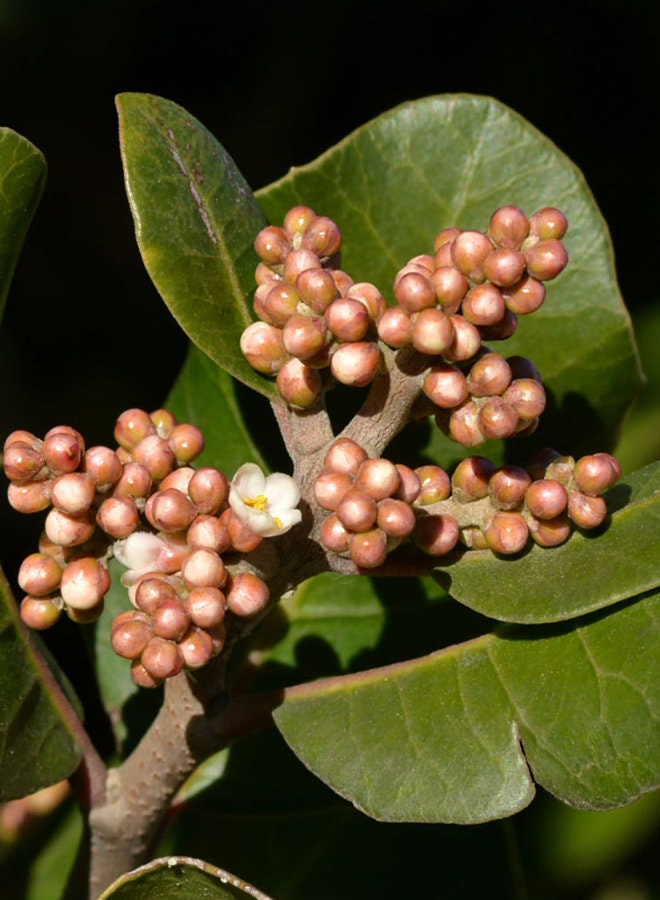


Accent Shrub: Palmer’s Indian Mallow
Water Requirement: Low Soil Type: Any
Specialty Features: Pollinators
Flowering Months: January, March, April, May, June, July, August, September, October, November, December, February
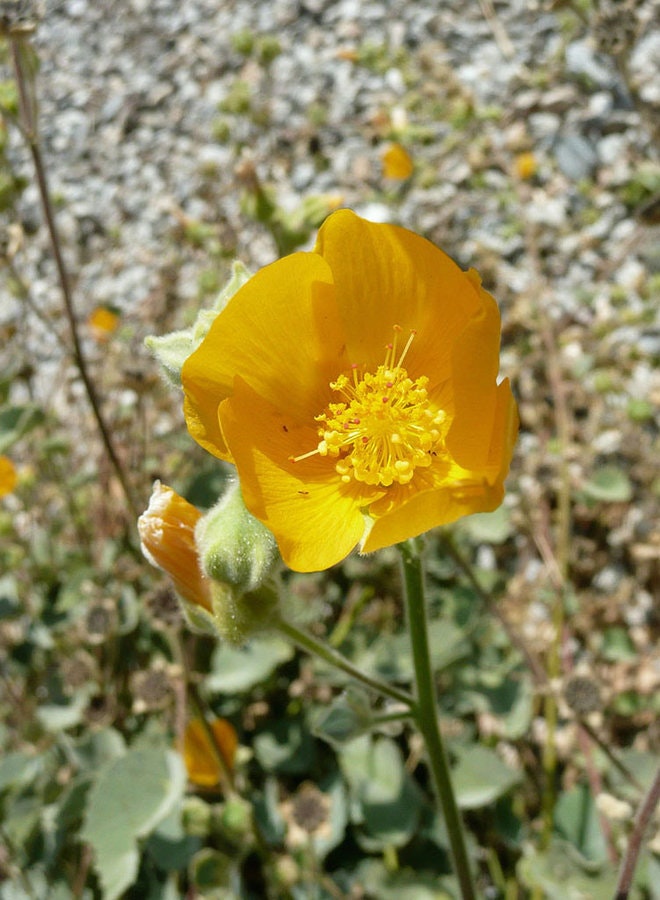



Ground Cover: Joyce Coulter Ceanothus
Water Requirement: Low Soil Type: Any
Specialty Features: Aromatic, Butterflies, Songbirds, Erosion Control
Flowering Months: February, March, April

Grasses: Deergrass
Water Requirement: Low Soil Type: Any
Specialty Features: Butterflies, Songbirds, Erosion Control
Flowering Months: June, July, August, September
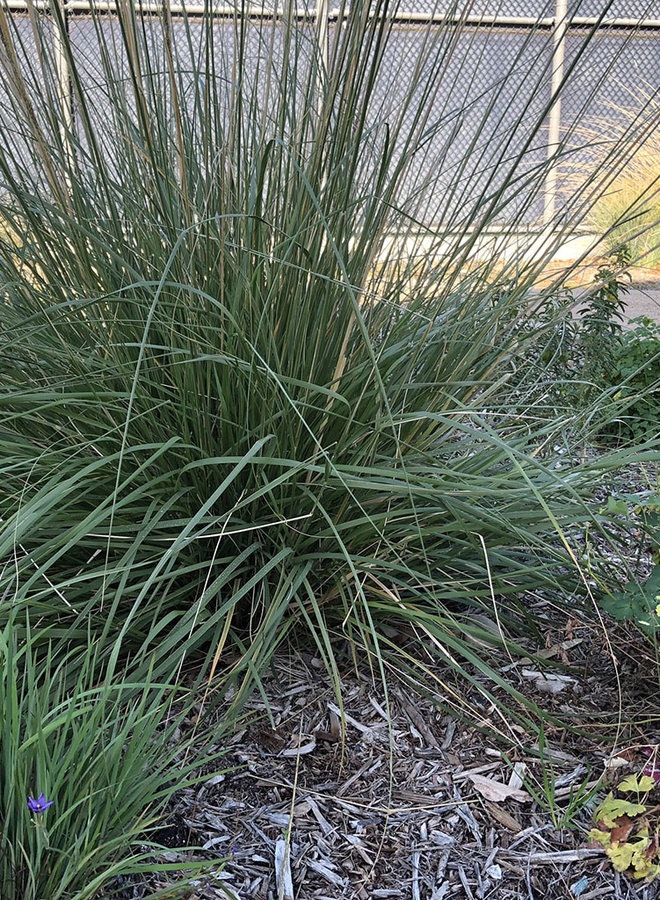



Accent Tree: Western Redbud
Water Requirement: Moderate Soil Type: Any
Specialty Features: Butterflies, Pollinators, Erosion Control
Flowering Months: March, April, May
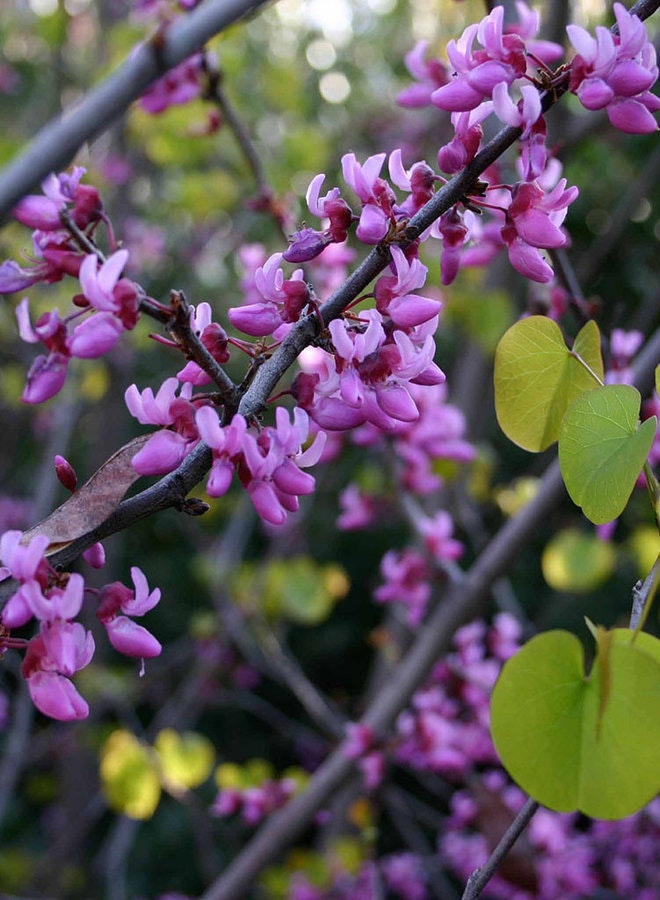
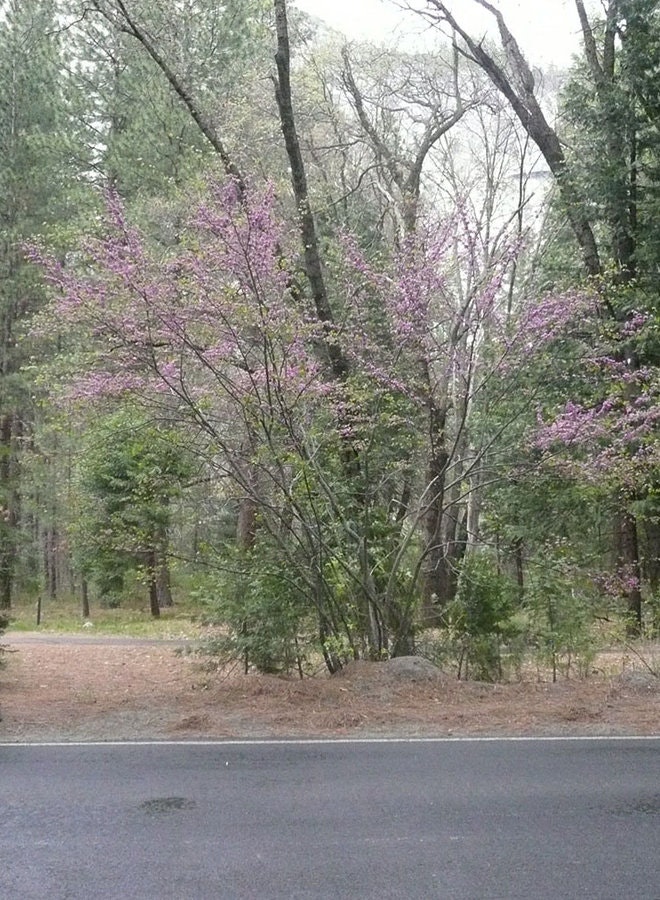


Step 3: Step Outside and Enjoy the Benefits
Now that you're no longer mosquito grub, see how else you've treated yourself!
.png?ixlib=rb-1.1.0&w=2000&h=2000&fit=max&or=0&s=e3f56d8dc0250584cd7c95cccd959812)
For more in-depth information, Theodore Payne's website is blooming with plant guides!
Other California Native Plants to Consider

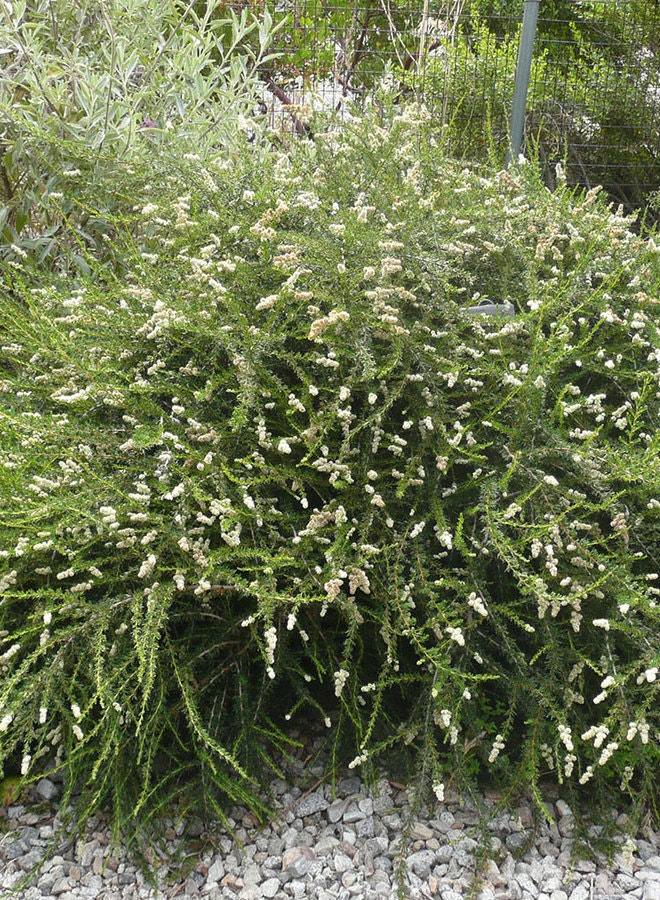



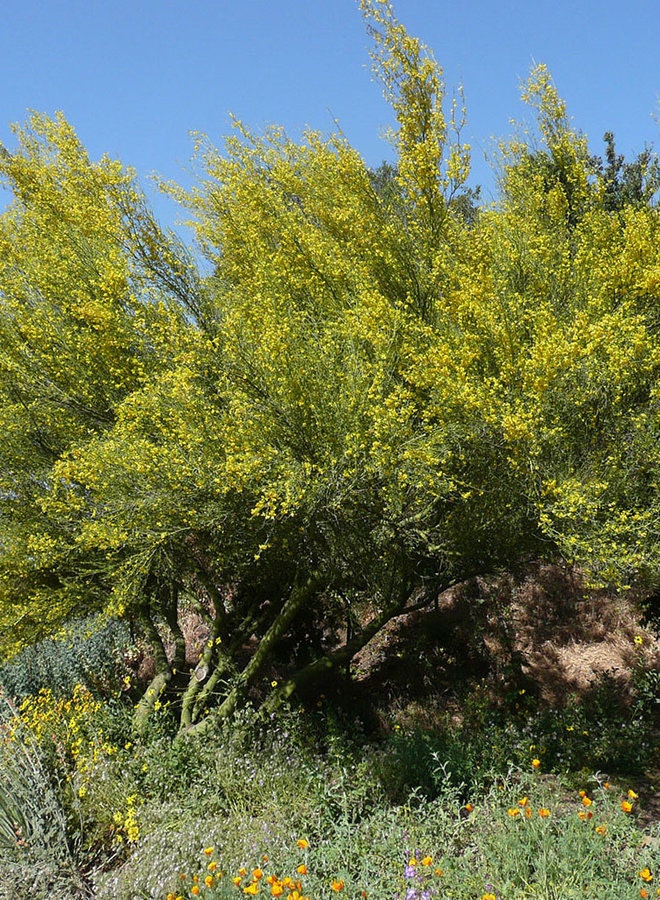






Images by Theodore Payne Foundation
